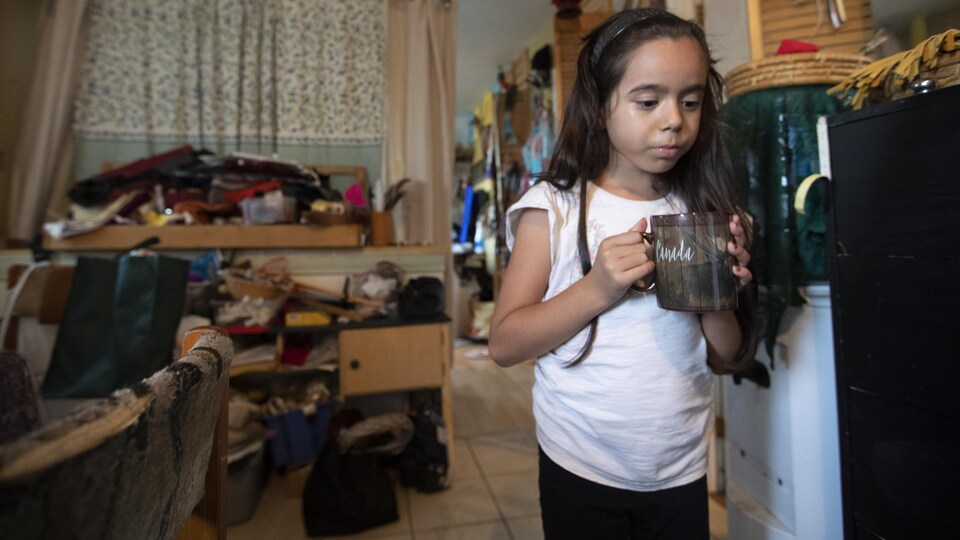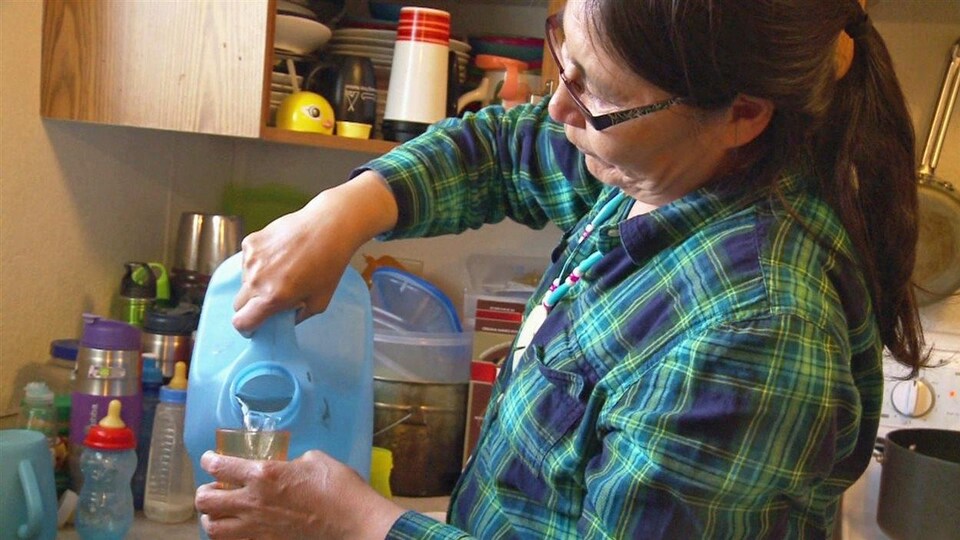Under a recent settlement agreement with the federal government, members of indigenous communities across Canada who have suffered from a lack of access to safe drinking water since 1995 can now apply for compensation. .
The $ 8 billion deal was approved Dec. 22 by the Federal Court of Canada. This follows the class action lawsuit brought by the Tataskweyak Cree Nation in Manitoba, as well as the Curve Lake and Neskantaga Nations in Ontario. These aboriginal communities have been under long -term boiling water counseling for several years.
Indigenous people who have lived in the reserves subject to boiling water notices for at least one year, beginning November 8, 1995, may join the lawsuit.
The settlement agreement provides $ 1.5 billion in compensation for people deprived of drinking water at the time. Nearly 142,000 people and 251 indigenous communities are eligible for compensation.
In this regulation, Canada recognizes its role in the lack of access of indigenous communities to drinking watersaid Minister of Indigenous Services Patty Hajdu on Thursday at a press briefing.
Canada recognizes the great damage done to members of indigenous communities and the discrimination they have suffered through this issue. The regulation includes measures to rebuild public confidence in their water supply and in their relationship with the government.
We are also sending a clear message: the next generations of Indigenous children will have access to safe drinking water.continued Ms. Hajdu.
The settlement also includes $ 6 billion to support reliable access to drinking water in communities, the creation of a $ 400 million economic and cultural restoration fund, the creation of a First Nations drinking advisory committee. water and modernization in Canada’s First Nations Drinking Water Act.
A problem that persists
In 2015, the Liberal government promised to remove boiling water notices in all Indigenous communities across Canada. Although 132 of these advisories have been removed, the problem of access to drinking water is still present today. In fact, 33 indigenous communities still suffer from it. This is the case of Neskantaga First Nation, which has been under boil water advisory for 27 years.
During the 2015 campaign, Prime Minister Justin Trudeau said that within five years, all First Nations will have safe drinking water. Even today, this is not the case with our communityexplained Roy Moonias.
In Canada, Neskantaga is the community that has long suffered from lack of access to drinking water. We count the days from the beginning [de l’avis d’ébullition à long terme]. Today is 9948 days. Or 27 years, 2 months and 27 days.
Like many members of his community, Mr. Moonias was not happy with the agreement with the Canadian government.
I did not approve the settlement format for the class action. For 27 years, my community, my family and I have suffered, he says. But I only qualify to ask for compensation for six years, maximum. Who decided that? This is very frustrating.
Sharon Sakanee, director of community health services at Neskantaga agrees. He could not believe the miserable condition of his community until now.
We were told to use water bottles for washing, for cooking, for cleaning… This is not acceptable […] We live in one of the richest countries in the world and we don’t even have access to drinking water. Something needs to be done, it’s been a long time.
Over the years, Ms. Sakanee on the heavy health effects of the lack of access to clean water in his community. In addition to dermatological and gastric problems, the situation has generated a lot of despair. In 2013, a state of emergency was declared in the community due to the increasing number of suicides among young people. Her son was one of those who took his own life.
He would have been 27 now, Ms Sakanee said. He took his own life in November 2012. He does not drink tap water. In his whole life, he has never been able to get drinking water. And that is what all the children in our community are going through today.
Source: Radio-Canada

